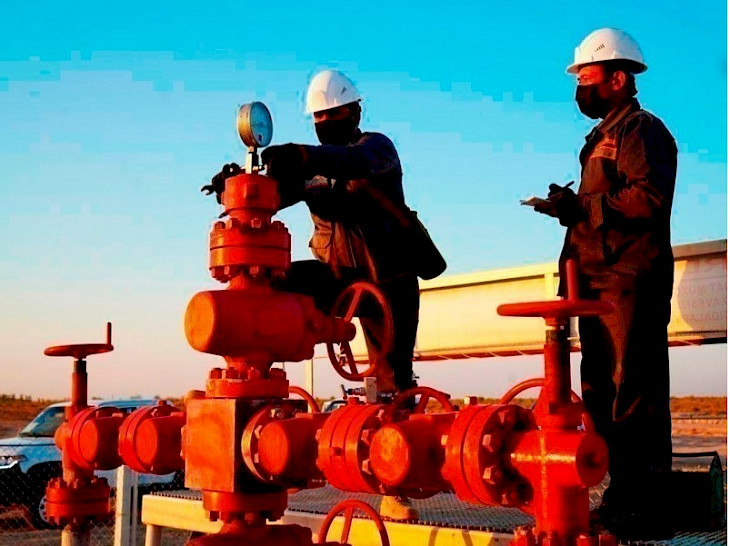The Ministry of Finance of Uzbekistan stated that in the first half of 2023 the country purchased 2.6 billion m3 of gas abroad. This is more than 7 times more than for the same period in 2022. The department's data does not coincide with the information of the Statistical Agency: according to its data, Tashkent imported only 2.6 times more fuel. Alexey Grivach, director for gas problems at the National Energy Security Fund, explained the discrepancies in statistics, analytical portal Ia-centr.ru reports.
The expert believes that the discrepancy in the data may be due to the peculiarities of the calculations. After all, gas comes to Uzbekistan through complex schemes, through direct contracts and swap deals with Gazprom. As a result, one agency may consider the resulting gas sold abroad to be an import, while another may classify it as transit.
The Chinese side simultaneously states that Uzbek gas exports this year have fallen by 40% in value terms. This is due to a reduction in supplies and indicates that Tashkent is fulfilling its promise to gradually abandon exports. Such a drop is not critical for China, but it is noticeable: according to the contract, Uzbekistan was supposed to supply up to 10 billion m3 per year. They never reached this level, but the 6–7 billion m3 that they supplied in the best years amounted to 1.5–2% of gas consumption in China.
Currently, hydrocarbon production is falling in Uzbekistan, which cannot be compensated for by drilling new wells. To develop new fields, major discoveries and intensive geological exploration are needed in the old Amudarya oil province. Neither one nor the other is observed in Uzbekistan. The last large reserves were brought into development by Lukoil, but this was a long time ago and cannot reverse the general trend.
Tashkent will most likely continue to increase imports and raise prices on the domestic market in order to optimize consumption and reduce costs for external purchases.
Uzbekistan has already prepared for the heating season by agreeing on gas supplies from Russia and Turkmenistan.
However, Uzbekistan’s ability to safely survive the winter depends on weather conditions, the readiness of infrastructure and the implementation of agreements reached. For example, during the cold season, exports from Turkmenistan drop sharply, which creates problems for all importers of Turkmen gas.
The depletion of resources in the country could potentially affect gas supply routes to China: for example, line D of the Central Asia-China gas pipeline should pass through Kyrgyzstan and Tajikistan, bypassing Uzbekistan and Kazakhstan, being filled with Turkmenistan fuel. The implementation of the project is in doubt.
CentralAsianLIGHT.org
September 27, 2023

